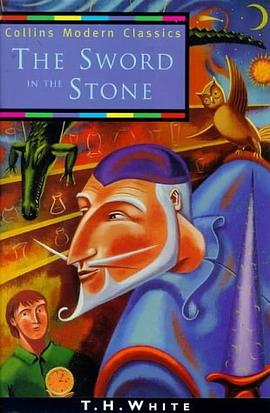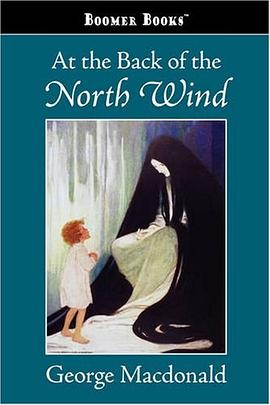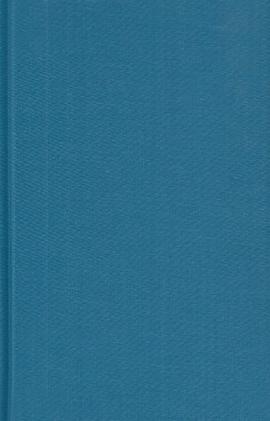

具體描述
Though one of the best-known books in the world, Pinocchio at the same time remains unknown—linked in many minds to the Walt Disney movie that bears little relation to Carlo Collodi's splendid original. That story is of course about a puppet who, after many trials, succeeds in becoming a "real boy." Yet it is hardly a sentimental or morally improving tale. To the contrary, Pinocchio is one of the great subversives of the written page, a madcap genius hurtled along at the pleasure and mercy of his desires, a renegade who in many ways resembles his near contemporary Huck Finn.
Pinocchio the novel, no less than Pinocchio the character, is one of the great inventions of modern literature. A sublime anomaly, the book merges the traditions of the picaresque, of street theater, and of folk and fairy tales into a work that is at once adventure, satire, and a powerful enchantment that anticipates surrealism and magical realism. Thronged with memorable characters and composed with the fluid but inevitable logic of a dream, Pinocchio is an endlessly fascinating work that is essential equipment for life.
著者簡介
Carlo Collodi (1826–1890) was the pen name of Carlo Lorenzini. He was born in Florence, where his father served as the cook for a rich aristocratic family; his mother, though qualified as a schoolteacher, worked as a chambermaid for the same family. Lorenzini took the name Collodi from his mother’s hometown, where he was sent to attend school. A volunteer in the Tuscan army during the 1848 and 1860 Italian wars of independence, Collodi founded a satirical weekly, Il Lampione—which was suppressed for a time by the Grand Duke of Tuscany—and became known as the author of novels, plays, and political sketches. His translation from the French of Charles Perrault’s fairy tales came out in 1876, and in 1881 his Storia di un burratino (Story of a Puppet) was published in installments in the Giornale per i bambini, appearing two years later in book form as The Adventures of Pinocchio. Collodi, whose writings include several readers for schoolchildren, died in 1890, unaware of the vast international success that his creation Pinocchio would eventually enjoy.
Geoffrey Brock is the prizewinning translator of works by Cesare Pavese, Umberto Eco, Roberto Calasso, and others. He teaches creative writing and translation at the University of Arkansas. His Web site is www.geoffreybrock.com.
Umberto Eco is a professor of semiotics at the University of Bologna and the author of numerous novels and collections of essays, including The Name of the Rose, Foucault’s Pendulum, and most recently, Turning Back the Clock: Hot Wars and Media Populism.
Rebecca West is a professor of Italian and of cinema and media Studies at the University of Chicago. She is the author of Eugenio Montale: Poet on the Edge and Gianni Celati: The Craft of Everyday Storytelling, and is co-editor of The Cambridge Companion to Modern Italian Culture
圖書目錄
讀後感
几个小时,一口气将《木偶奇遇记》看完。这本书是关于一个孩子的成长史,主人公匹诺曹由一个木偶经过重重考验变成了一个孩子。看过这本书的,大多都会被顽皮的匹诺曹弄得哈哈大笑,特别是因为他的顽皮,变成驴子的模样。然而,匹诺曹口中的“妈妈”和“仙女姐姐”对匹诺曹爱的...
評分 評分整篇故事最多笔墨悉数投在男一号——木偶匹若曹身上。不过本人向来挑眉染指配角[自PIA] 科洛迪的书里面,幽默搞笑深沉装酷神经兮兮 总之各式各样的配角包君满意。 废柴话以上,本女中意的配角清单如下。 会说话的蟋蟀大人 出场第12页,说话时一口学究腔,被木偶威胁一番仍镇定...
評分用戶評價
小時候讀過不喜歡,現在還是不喜歡……
评分感天動地匹諾曹!
评分小時候讀過不喜歡,現在還是不喜歡……
评分感天動地匹諾曹!
评分感天動地匹諾曹!
相關圖書
本站所有內容均為互聯網搜索引擎提供的公開搜索信息,本站不存儲任何數據與內容,任何內容與數據均與本站無關,如有需要請聯繫相關搜索引擎包括但不限於百度,google,bing,sogou 等
© 2025 book.quotespace.org All Rights Reserved. 小美書屋 版权所有




















